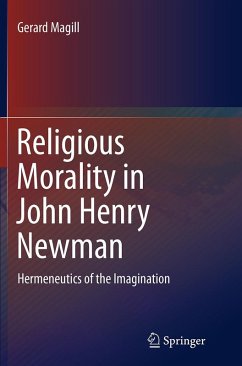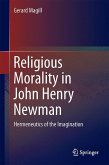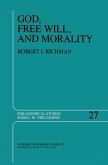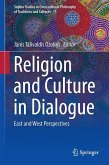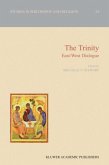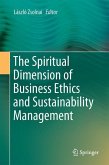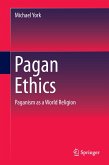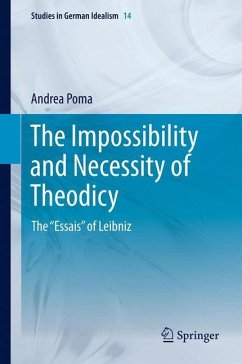This book is a systematic study of religious morality in the works of John Henry Newman (1801-1890). The work considers Newman's widely discussed views on conscience and assent, analyzing his understanding of moral law and its relation to the development of moral doctrine in Church tradition. By integrating Newman's religious epistemology and theological method, the author explores the hermeneutics of the imagination in moral decision-making: the imagination enables us to interpret complex reality in a practical manner, to relate belief with action. The analysis bridges philosophical and religious discourse, discussing three related categories. The first deals with Newman's commitment to truth and holiness whereby he connects the realm of doctrine with the realm of salvation. The second category considers theoretical foundations of religious morality, and the third category explores Newman's hermeneutics of the imagination to clarify his view of moral law, moral conscience,and Church tradition as practical foundations of religious morality. The author explains how secular reason in moral discernment can elicit religious significance. As a result, Church tradition should develop doctrine and foster holiness by being receptive to emerging experiences and cultural change. John Henry Newman was a highly controversial figure and his insightful writings continue to challenge and influence scholarship today. This book is a significant contribution to that scholarship and the analysis and literature comprise a detailed research guide for graduates and scholars.
"Gerard Magill's book on religious morality in John Henry Newman is the product of impressively meticulous research. ... his argument is both substantive and thought provoking, and any scholar involved in conversations about Newman's philosophical ideas will want to have this volume in her library. ... Magill has bequeathed a real gift to the field of Newman studies, both on account of the detailed nature of his research and the depth of his critical analysis." (Ryan J. Marr, Newman Studies Journal, Vol. 16 (2), 2019)
"This book as one of the most valuable contributions to Newman studies in many years. Indeed, it is one of only a handful that effectively systematizes a major area of Newman's thought. It persuasively illuminates why he is one of our outstanding modern guides for moral and religious reflection. Magill has done religious ethicists and moral theologians a particularly great service; they may now turn to this one text for a succinct distillation of Newman's essential contribution to their discipline" (Damon McGraw, Modern Theology, Vol. 33 (2), April, 2017)
"This book as one of the most valuable contributions to Newman studies in many years. Indeed, it is one of only a handful that effectively systematizes a major area of Newman's thought. It persuasively illuminates why he is one of our outstanding modern guides for moral and religious reflection. Magill has done religious ethicists and moral theologians a particularly great service; they may now turn to this one text for a succinct distillation of Newman's essential contribution to their discipline" (Damon McGraw, Modern Theology, Vol. 33 (2), April, 2017)

